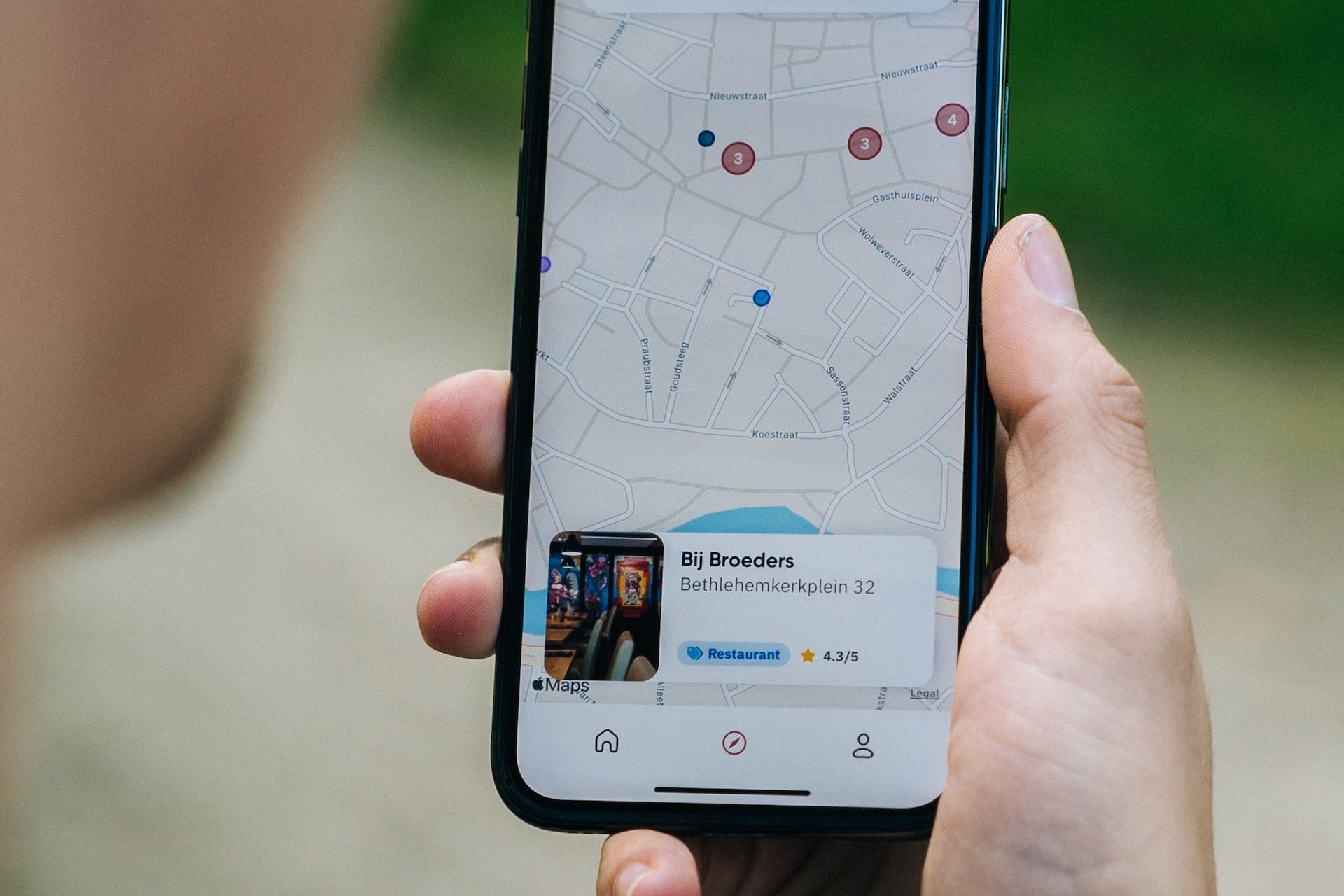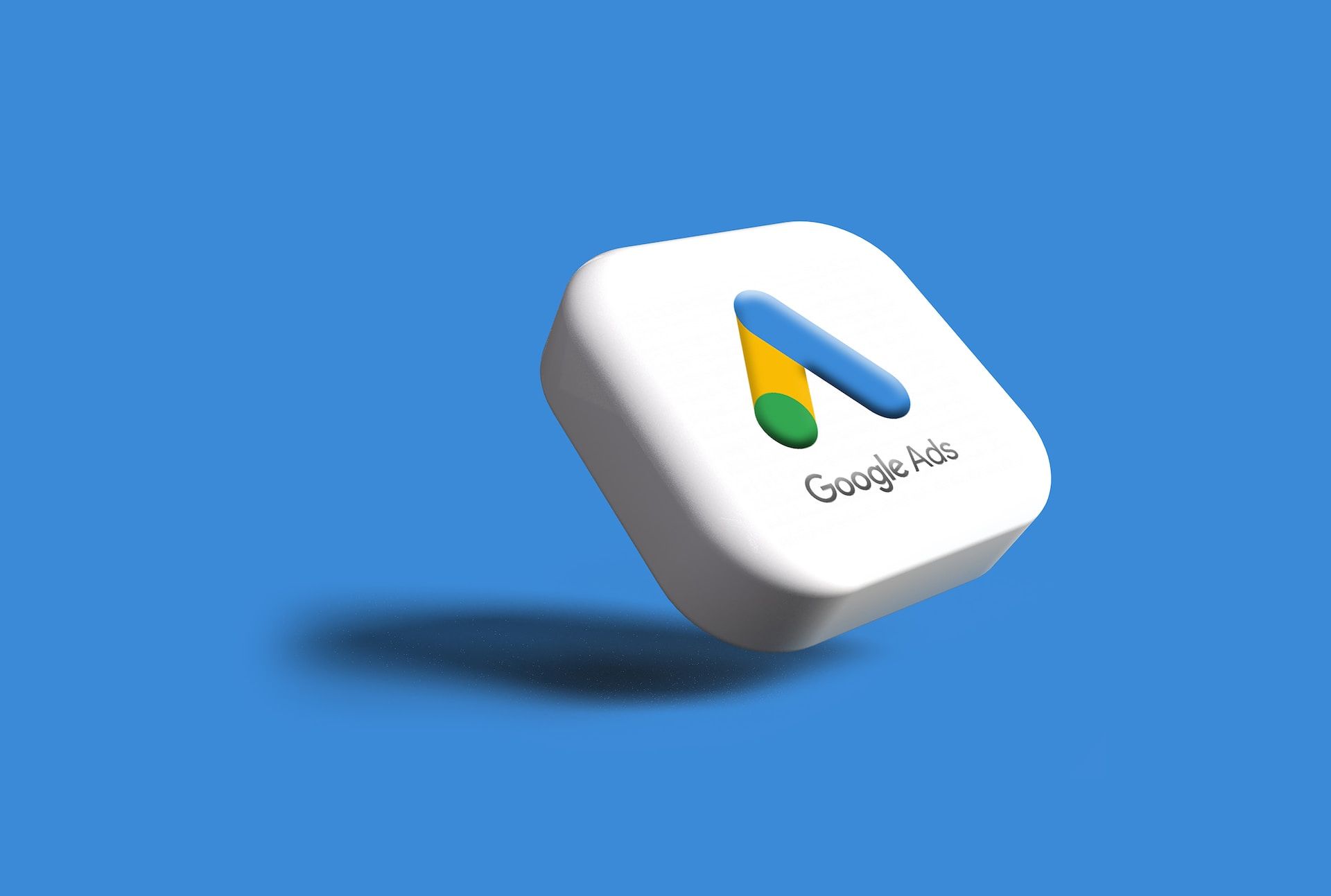Comprehensive Digital Marketing Campaign Checklist for Louisiana Small Businesses
Embarking on a digital marketing campaign can be both exciting and overwhelming, especially for small businesses in Louisiana. With various platforms, strategies, and metrics to consider, it's crucial to stay organized and keep track of every aspect of your campaign. To help you navigate this process, we've created a comprehensive digital marketing campaign checklist specifically tailored for small Louisiana businesses.
In this blog post, we will outline various steps and components that should be included in your digital marketing campaign, from goal setting and audience targeting to content creation and performance measurement. This checklist will serve as a guide for small business owners in Louisiana to ensure they are covering all bases and maximizing the potential of their digital marketing efforts. By following this roadmap, you will be better prepared to develop, execute, and refine your digital marketing strategy and propel your Louisiana business to the next level.
1. Define Your Goals and Objectives
Before diving into any marketing campaign, it's essential to establish clear goals and objectives to measure success in your endeavors. Establishing goals helps create a focused and targeted approach that aligns with your overall business objectives. Common digital marketing goals include:
- Increasing website traffic and online presence.
- Generating leads and increasing sales.
- Boosting brand awareness and loyalty.
- Improving search engine rankings.
Additionally, consider setting SMART (Specific, Measurable, Attainable, Relevant, and Time-Bound) goals to create a clear framework for evaluating and tracking your campaign's progress.
2. Identify and Understand Your Target Audience
Understanding your target audience is a crucial element in shaping your digital marketing strategy. Creating audience personas can help you visualize and understand your potential customers' needs, preferences, and pain points more effectively. Some components to consider when creating a detailed audience persona include:
- Demographics: Age, gender, occupation, education level, and income.
- Geographic location: Region, state, or city where your target audience resides.
- Interests and preferences: Hobbies, lifestyle choices, and media consumption habits.
- Challenges and pain points: Problems your audience faces that your business can solve.
Analyze your existing customer base and competitors to gather the information needed to define your target audience. Tools like Google Analytics can provide valuable insights into your current audience and their behavior.
3. Choose the Right Digital Marketing Channels
With your goals and target audience defined, it's time to select the most appropriate digital marketing channels for your campaign. Each channel has its unique advantages and focuses primarily on reaching different audience segments:
- Social media platforms (e.g., Facebook, Instagram, Twitter, and LinkedIn) are effective for increasing brand awareness, engaging with your audience, and driving website traffic.
- Content marketing, including blogging and creating informative articles, helps educate your audience, establish authority in your industry, and improve search engine rankings.
- Email marketing is a powerful tool to maintain regular communication with your audience, promote new offers, and drive repeat business.
- Paid advertising, such as Google Ads and social media ads, can generate immediate results and reach a highly targeted audience.
Evaluate each channel's potential effectiveness based on your goals and audience to create a tailored marketing mix for your campaign.
4. Create Engaging and Shareable Content
Content is at the heart of any successful digital marketing campaign. To engage and captivate your target audience, create content that is both relevant and shareable. Consider the following approaches when developing your content:
- Utilize different content formats, such as blog posts, videos, infographics, podcasts, and social media posts, to cater to various audience preferences.
- Address your audience's pain points by providing valuable information and actionable solutions.
- Leverage storytelling to connect with your audience on an emotional level.
- Encourage social sharing by creating easily digestible content and including share buttons on your website.
Regularly posting high-quality content helps establish your brand's authority and expertise, fosters trust with your audience and improves search engine rankings.
5. Optimize Your Website for Search Engines (SEO)
Search engine optimization (SEO) is vital in ensuring your website ranks highly on search engine results pages. Higher search rankings lead to increased visibility, website traffic, and potential customers. To optimize your website for search engines, consider the following tactics:
- Perform keyword research to identify relevant terms and phrases that your target audience is searching. Tools like Moz and SEMrush can assist in keyword research and analysis.
- Insert relevant keywords naturally into your website's content, title tags, and meta descriptions.
- Improve website speed and optimize images for faster load times.
- Create a user-friendly website structure with straightforward navigation and proper internal linking.
- Ensure your website is mobile-responsive and accessible on various devices.
SEO is an ongoing process, and regular monitoring of your website's performance is crucial in maintaining and improving your search engine ranking.
6. Track and Analyze Your Campaign Performance
Tracking and analyzing your digital marketing campaign's performance is necessary for measuring its success and identifying areas of improvement. Some useful methods for evaluating your campaign's effectiveness include:
- Utilizing tools like Google Analytics for website traffic analysis, user behavior, and conversion rate data.
- Monitoring social media analytics to assess post engagement, reach, and audience growth.
- Implementing UTM (Urchin Tracking Module) codes for tracking the performance of specific digital marketing channels.
- Setting up goal tracking in Google Analytics to evaluate the achievement of your campaign objectives.
Regularly reviewing and adjusting your campaign strategy based on your data ensures your digital marketing efforts remain effective and goal-oriented.
By thoroughly understanding your target audience and choosing suitable digital marketing channels for your goals, your small business in Louisiana can create a successful digital marketing campaign, leading to increased visibility, audience engagement, and conversions.
Maximize Your Louisiana Small Business's Success with Atypikal Marketing
A well-planned and executed digital marketing campaign holds immense potential for scaling your small business in Louisiana. By following this comprehensive checklist, you can ensure your digital marketing efforts are focused, organized, and effective in delivering the desired outcomes. But executing a successful campaign can be a complex and time-consuming endeavor, especially amidst the day-to-day challenges of running a business.
Atypikal Marketing, the leading Louisiana digital marketing agency, is here to help you every step of the way. Our in-depth understanding of the Louisiana market and years of experience allow us to create tailored marketing campaigns for small businesses in the region. Schedule a consultation with us today and discover how our expertise can help you achieve your digital marketing goals, drive growth, and build lasting connections with your audience.










